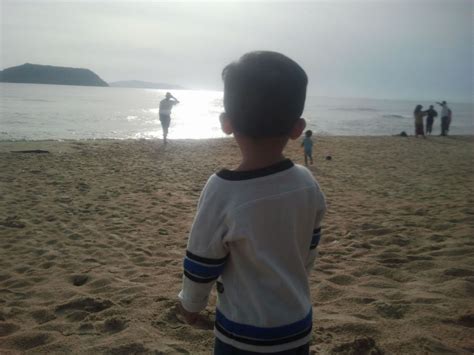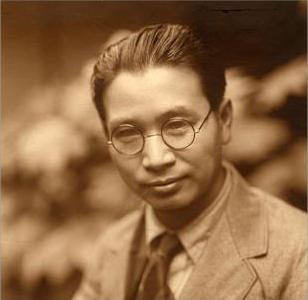A Quote by Muhammad Atta-ullah Faizani
Man is the being who needs a social life in order to secure mutual well-being. This has brought him much comfort. If man can generate this social life worldwide, it will be much better.
Related Quotes
Man is, at one and the same time, a solitary being and a social being. As a solitary being, he attempts to protect his own existence and that of those who are closest to him, to satisfy his personal desires, and to develop his innate abilities. As a social being, he seeks to gain the recognition and affection of his fellow human beings, to share in their pleasures, to comfort them in their sorrows, and to improve their conditions of life.
Not everything in man's life is summed up in the problem of food. Anyone who thinks that a civilization can be founded on bread alone makes a great mistake. No matter how much bread there is, it cannot produce a man: it can only nourish him. Life exists before food. Man's life comes from the very origin of life. Therefore civilization does not follow the forms of production. All social life follows the action of life.
Interdependence is and ought to be as much the ideal of man as self-sufficiency. Man is a social being. Without interrelation with society he cannot realize his oneness with the universe or suppress his egotism. His social interdependence enables him to test his faith and to prove himself on the touchstone of reality.
I was always much impressed, in reading prison memoirs of revolutionists, such as Lenin and Trotsky ... by the amount of reading they did, the languages they studied, the range of their plans for a better social order. (Or rather, for a new social order.) In the Acts of the Apostles there are constant references to the Way and the New Man.
The practice of medicine will be very much as you make it - to one a worry, a care, a perpetual annoyance; to another, a daily job and a life of as much happiness and usefulness as can well fall to the lot of man, because it is a life of self-sacrifice and of countless opportunities to comfort and help the weak-hearted, and to raise up those that fall.
The simplification of life is one of the steps to inner peace. A persistent simplification will create an inner and outer well-being that places harmony in one's life. For me this began with a discovery of the meaninglessness of possessions beyond my actual and immediate needs. As soon as I had brought myself down to need level, I began to feel a wonderful harmony in my life between inner and outer well-being, between spiritual and material well-being.
I am satisfied that happiness in marriage is not so much a matter of romance as it is an anxious concern for the comfort and well-being of one's companion. Any man who will make his wife's comfort his first concern will stay in love with her throughout their lives and through the eternity yet to come
The cry for freedom is a sign of suppression. It will not cease to ring as long as man feels himself captive. As diverse as the cries for freedom may be, basically they all express one and the same thing: The intolerability of the rigidity of the organism and of the machine-like institutions which create a sharp conflict with the natural feelings for life. Not until there is a social order in which all cries for freedom subside will man have overcome his biological and social crippling, will he have attained genuine freedom.
We deem valuable whatever is likely to meet our needs or wishes (individual values) and whatever is likely to help protect or attain social goals (social values). However, this is not a dichotomy, for some individual values, such as truth, are needed to secure some social values, such as mutual trust, and some social values, such as peace, are required to pursue some individual values, such as good health.
The faithful man perceives nothing less than opportunity in difficulties. Flowing through his spine, faith and courage work together: Such a man does not fear losing his life, thus he will risk losing it at times in order to empower it. By this he actually values his life more than the man who fears losing his life. It is much like leaping from a window in order to avoid a fire yet in that most crucial moment knowing that God will appear to catch you.
Anarchism asserts the possibility of an organization without discipline, fear, or punishment, and without the pressure of poverty: a new social organism which will make an end to the terrible struggle for the means of existence, --the savage struggle which undermines the finest qualities in man, and ever widens the social abyss. In short, Anarchism strives towards a social organization which will establish well-being for all.






























